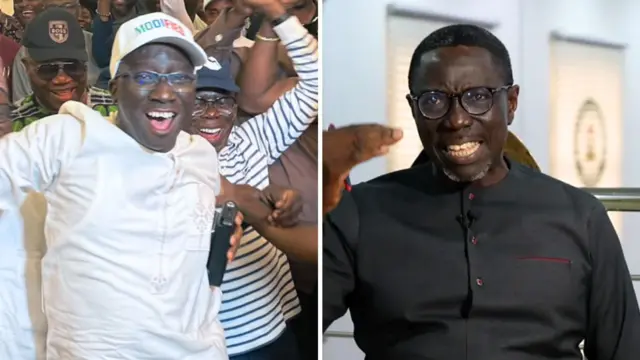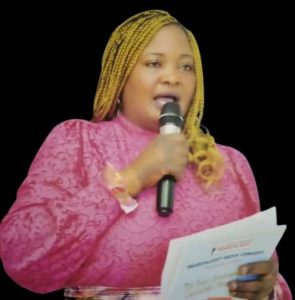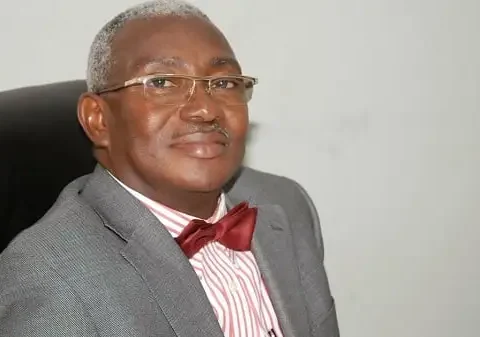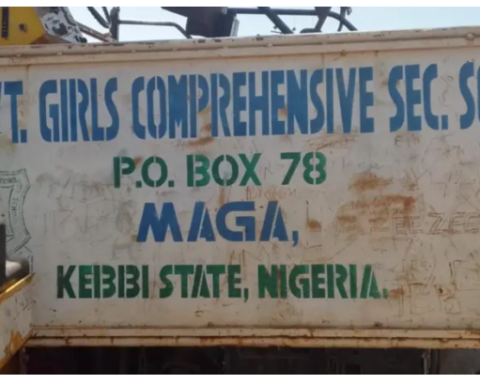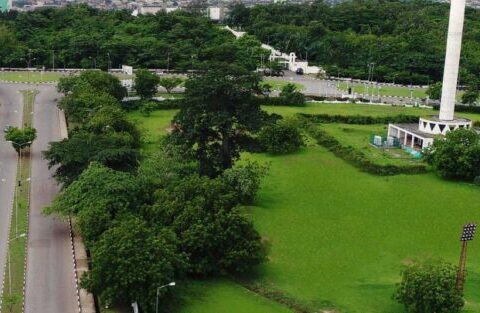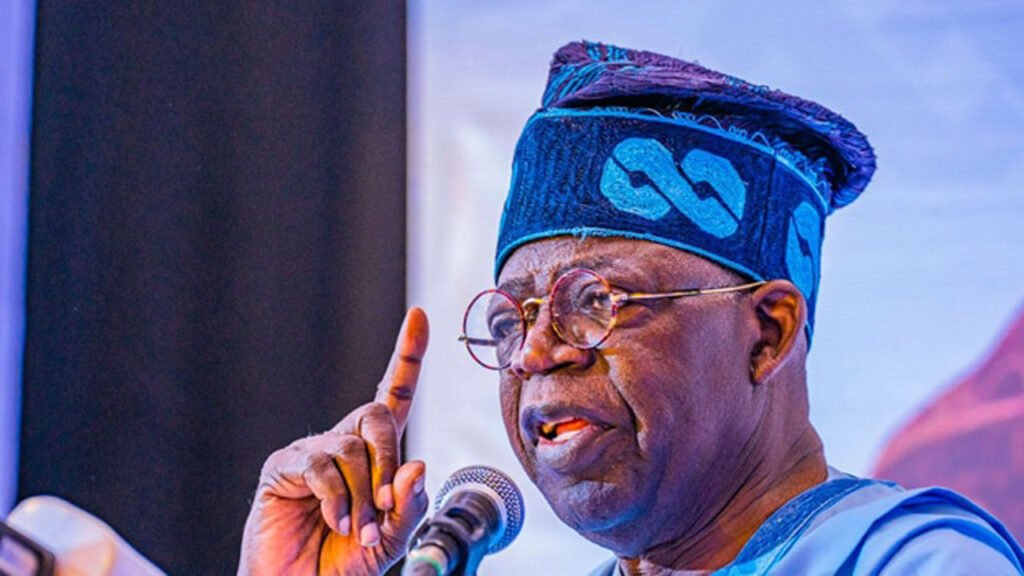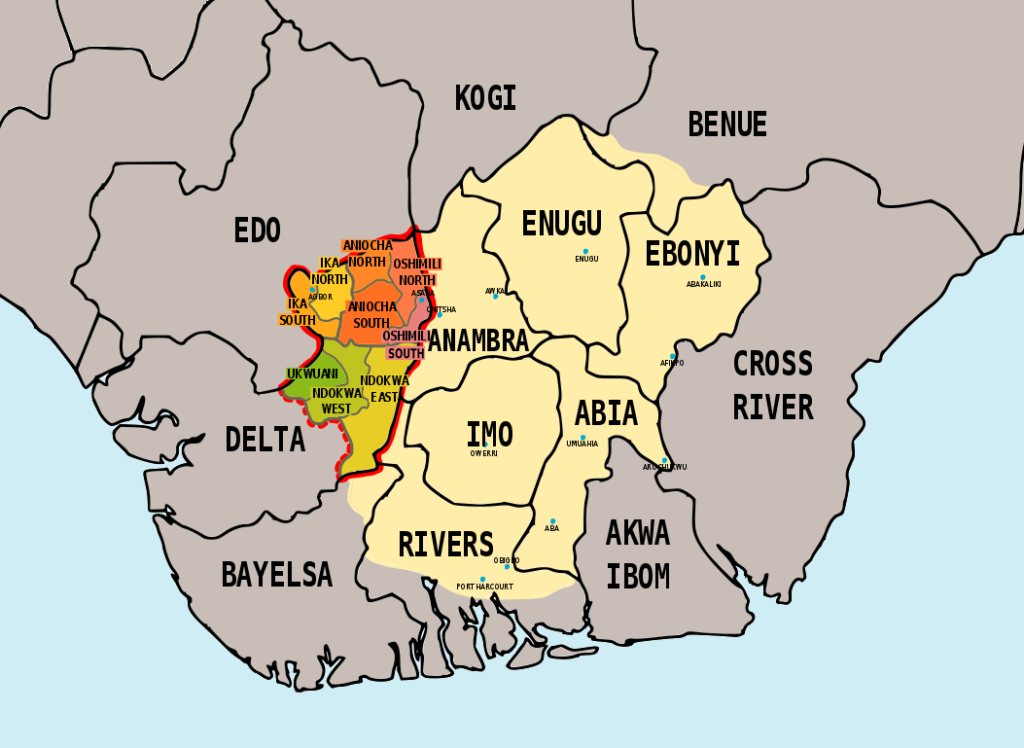By Ademola Tijani
In furtherance of our write-up yesterday, the political miscalculations of Obaseki that left the People’ s Democratic Party(PDP) wallowing in defeat also depict the nature of the conflict between the incumbent Governor Godwin Obaseki and key political figures like Philip Shaibu, Dan Orbih, Anselm Ojezua and Ize-Iyamu among others.
The political divide between Obaseki and his former deputy, Philip Shaibu, has emerged as one of the most significant intra-party conflicts in Nigeria in recent years. This ongoing tension is primarily rooted in issues relating to political succession, individual ambitions, and differing political ideologies.
Initially, Governor Obaseki and Philip Shaibu shared a strong political alliance, particularly during Obaseki’s struggle to maintain his governorship amid a fallout with the All Progressives Congress (APC) and its national leader, Adams Oshiomhole, in 2020. Following his disqualification from seeking a second term under the APC, Obaseki defected to the People’s Democratic Party (PDP). During this tumultuous period, Shaibu played a pivotal role in galvanizing political support within the PDP and its grassroots structures. Together, they achieved a second-term victory under the PDP banner, with Shaibu steadfastly supporting Obaseki.
However, the seeds of conflict between the two were sown as political succession became a pressing issue. With Obaseki approaching the end of his second and final term in 2024, Shaibu expressed his ambitions to succeed him as the next governor of Edo State. Unfortunately for Shaibu, Obaseki was not as supportive of these aspirations as he had hoped. This led to a dramatic fallout, resulting in Shaibu’s impeachment attempt, which was ultimately unsuccessful, despite his efforts to reclaim his position through legal avenues. Disillusioned, Shaibu found solace in the APC, where he was welcomed back by former Governor Oshiomhole. His return to the APC, a move akin to that of a prodigal son, significantly altered the political dynamics in Edo State and contributed to the defeat of the PDP in the recent gubernatorial election.
In a similar vein, the conflict between Obaseki and Chief Dan Orbih, the former National Vice Chairman (South-South) of the PDP, represents another significant internal struggle within the Edo State chapter of the PDP. What began as a simple political disagreement has evolved into a protracted power struggle filled with accusations of disloyalty and political maneuvering for control over the PDP machinery in the state.
The roots of this conflict date back to 2020, when Obaseki was disqualified from seeking a second term under the APC due to his fallout with Adams Oshiomhole. During this time, Orbih was a prominent figure in the PDP, having led the party in Edo for over a decade. He had been instrumental in solidifying the PDP’s presence in the state, despite its years in opposition. Orbih and other party leaders welcomed Obaseki into the PDP, seeing his defection as a strategic advantage to win the 2020 governorship election.
After intricate negotiations, the PDP endorsed Obaseki’s candidacy, and he eventually won the election. However, it soon became clear that tensions were brewing, particularly regarding control of the party structure in Edo State. Internal strife lingered during the election, and it was uncertain whether the Orbih faction engaged in anti-party activities, though their actions suggested they may have had the last laugh.
The case of Anselm Ojezua, the former chairman of the APC in Edo State, also plays a crucial role in understanding Obaseki’s political misadventures leading to his eventual defeat in the last election. Initially, Ojezua supported Obaseki, opposing Oshiomhole’s growing influence over the party’s operations. His loyalty to the governor made him a target for Oshiomhole’s loyalists within the APC. As divisions within the party intensified, Obaseki was ultimately disqualified from the APC’s primaries ahead of the 2020 gubernatorial election.
The situation escalated when Obaseki defected to the PDP in June 2020 after being denied the APC gubernatorial ticket. Ojezua’s role in this political drama became complicated, as he had supported Obaseki within the APC, yet his position as a party leader became threatened after Obaseki’s departure. Initially, Ojezua remained with the APC but faced mounting pressure to conform to the new dynamics under Oshiomhole’s influence.
As the relationship between Ojezua and Obaseki grew more strained, the governor found a supportive political home in the PDP, while Ojezua struggled within the increasingly factionalized APC. After Obaseki’s re-election under the PDP, Ojezua’s influence in the APC further diminished. Eventually, he made the pragmatic decision to defect to the PDP, aligning himself once more with Obaseki. However, the political relationship between the two has remained somewhat strained, highlighting the impact of years of internal conflict and shifting alliances.
Another notable figure in the political narrative surrounding Obaseki’s challenges is Osagie Ize-Iyamu. The rivalry between Ize-Iyamu and Obaseki is emblematic of the intense factionalism within the APC and the subsequent dynamics in the PDP. Their relationship has been marked by political ambitions, party loyalty, and accusations, culminating in a fierce struggle for control of Edo State’s political landscape.
Ize-Iyamu, a prominent lawyer and politician, was a member of the APC and ran for governor of Edo State in 2020. He was strongly backed by the party’s national leadership, particularly Oshiomhole. In contrast, Obaseki sought re-election under the PDP after his tumultuous experience with the APC.
As the gubernatorial election approached, tensions escalated. Obaseki aimed to consolidate his power within the APC, while Ize-Iyamu sought to leverage the discontent within the party regarding Obaseki’s administration. Oshiomhole’s faction criticized Obaseki, accusing him of failing to fulfill his promises, which intensified the rivalry. The conflict reached a peak when Obaseki was disqualified from the APC primaries, a decision seen as a direct result of internal party strife and opposition from Ize-Iyamu’s faction. Faced with losing his position, Obaseki defected to the PDP, where he was embraced and given the party’s ticket for the gubernatorial race.
Ize-Iyamu, on the other hand, remained with the APC and became the party’s candidate. This decision solidified their rivalry, as both sought to appeal to voters from opposing political platforms. Ultimately, while Obaseki won the election, the conflict between him and Ize-Iyamu persisted, marking a significant chapter in the evolving political landscape of Edo State.
While the personal grievances with these figures continued, the governor was caught awares in taming threat this would have in the political fortune of his party, and he was caught pant-down and met his waterloo.
